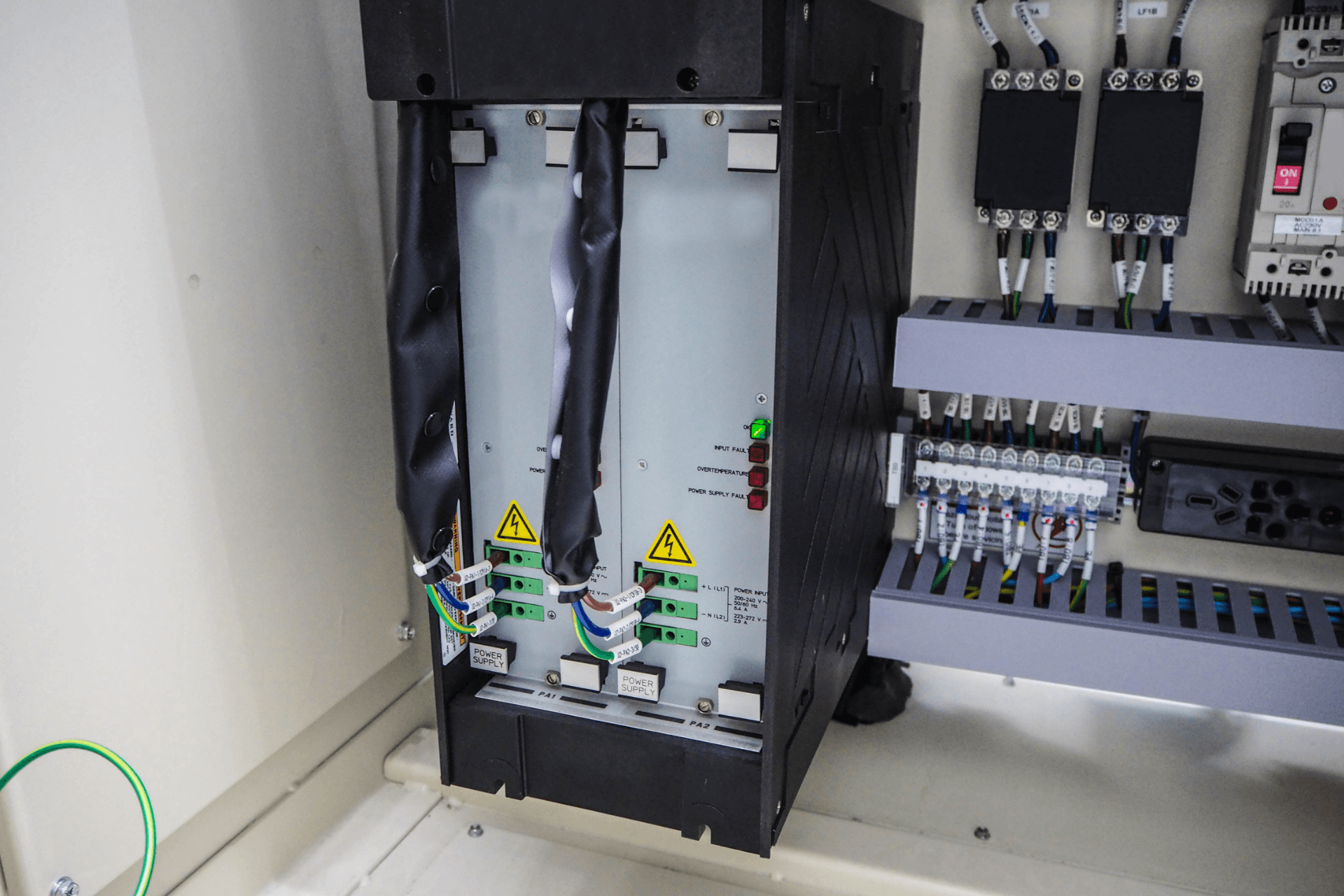What is the Difference Between DCS and PLC?
May 8, 2022

DCS stands for Distributed Control System. It is a system that uses computers to control and regulate the industrial processes.
PLC stands for Programmable Logic Controller. It is a computer-based system that controls and regulates industrial processes by executing instructions stored in its memory.
The difference between DCS and PLC is that DCS can be used to control multiple machines at the same time whereas PLC can only control one machine at a time. For more info, learn more about HMI SCADA.



